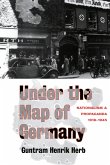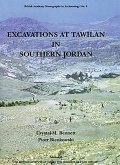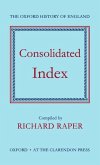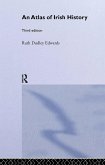No historian of ancient Rome in this century has had a greater influence on historical research or won greater international acclaim than Sir Ronald Syme. His outstanding position was due mainly to his first two books, The Roman Revolution, which appeared in 1939, and Tacitus (two volumes, 1958) - although he went on to produce many more monographs, and seven volumes of his Roman Papers have so far appeared. The long gap between his first two books is partly explained by the war, which took him on official duties to Belgrade and Ankara; and he spent 1943-5 at Istanbul as Professor of Classical Philology. It was always known that Syme had continued to write during the war, in particular the 'Straboniana' investigations into the famous ancient Geography composed by Strabo, a native of Asia Minor, in the time of Augustus. After Syme's death, the manuscript was discovered among his papers: he had not quite completed the work, but what he had written, with almost complete annotation, represents a substantial and fascinating study of the historical geography of Anatolia in the Hellenistic and early Roman period. Syme ruthlessly dissects the often incoherent and inconsistent text of Strabo, at the same time providing rich detail on client kings, Roman generals and emperors, writers, and travellers. Above all, he shows unequalled ability to understand the landscape and settlement of Anatolia; and the work is composed in the same forceful and elegant style that made his other books classics of historical literature.
Hinweis: Dieser Artikel kann nur an eine deutsche Lieferadresse ausgeliefert werden.
Hinweis: Dieser Artikel kann nur an eine deutsche Lieferadresse ausgeliefert werden.








